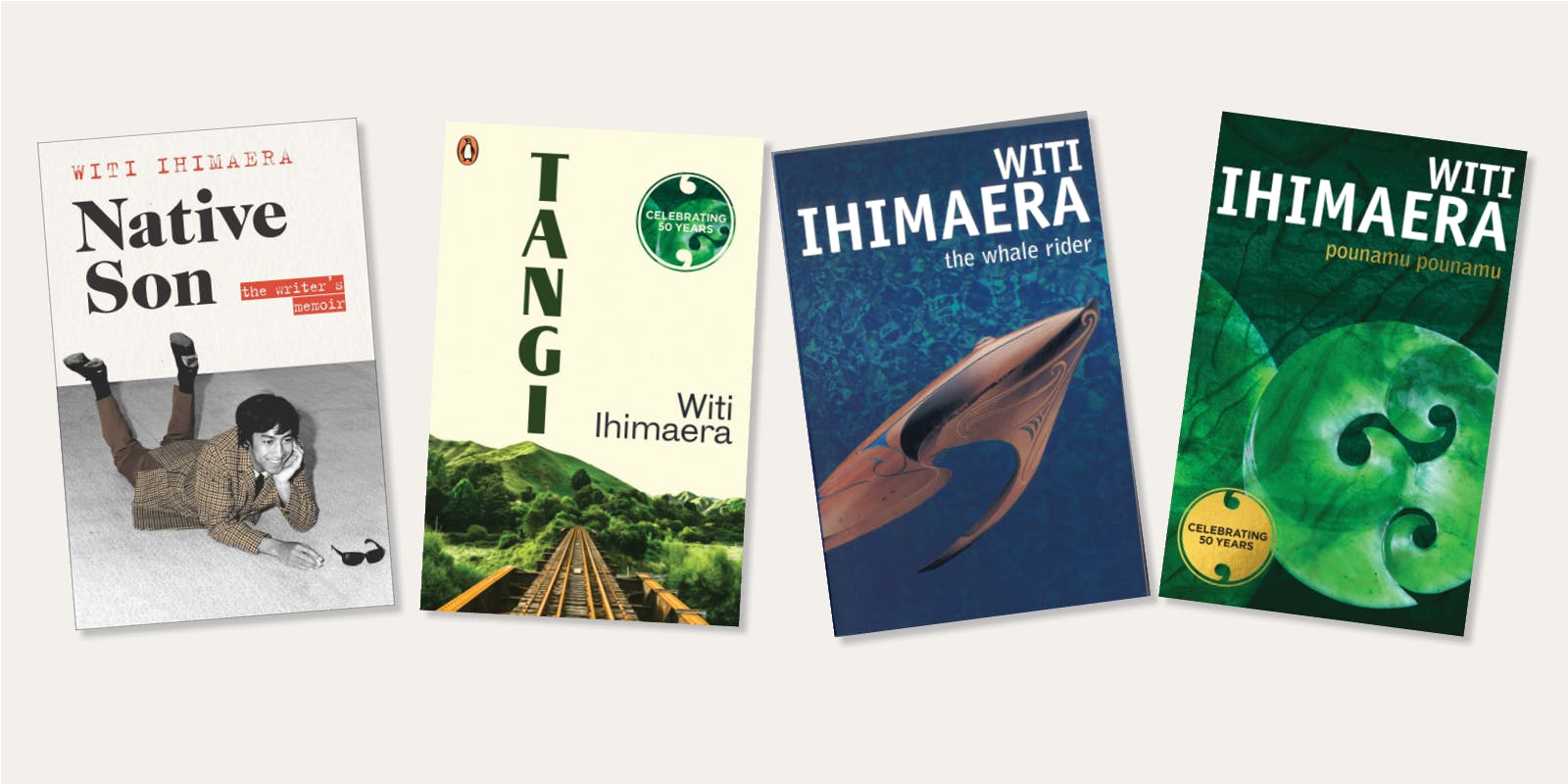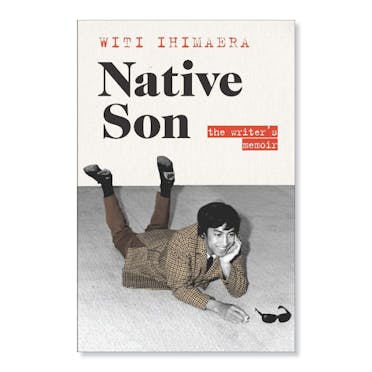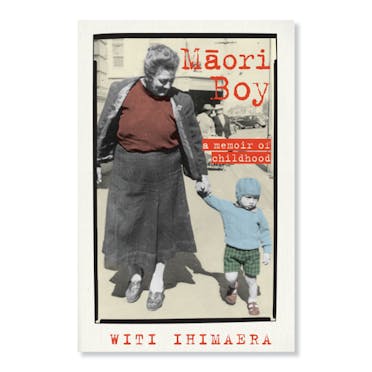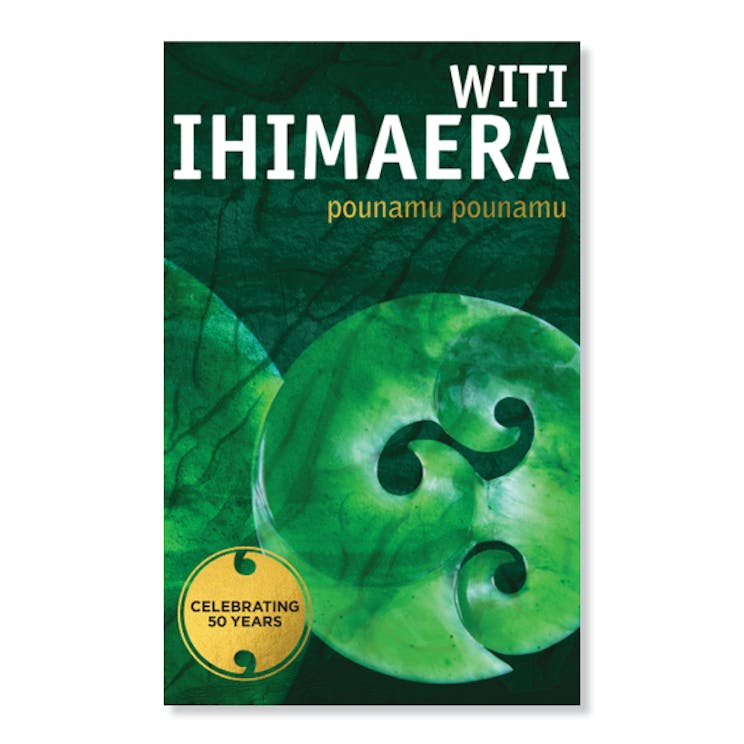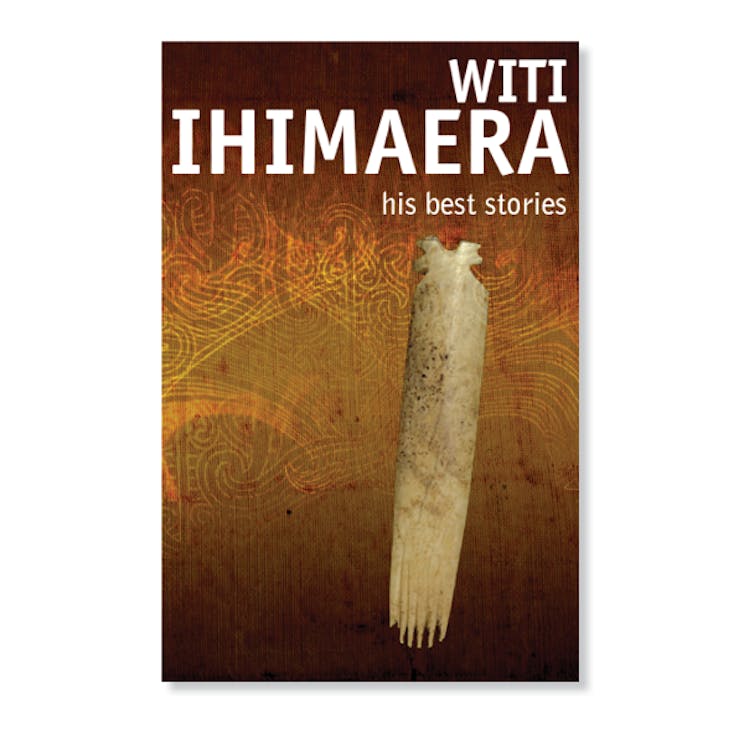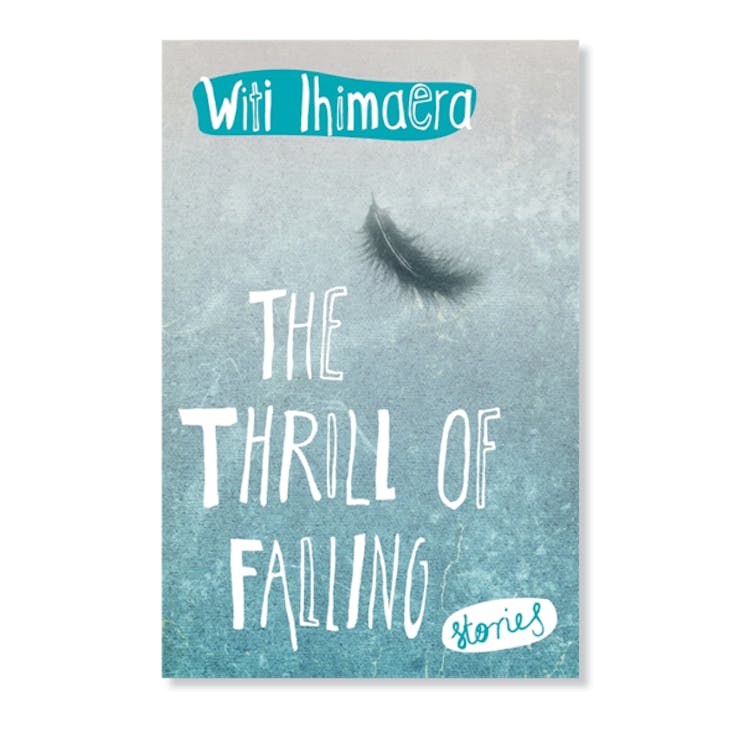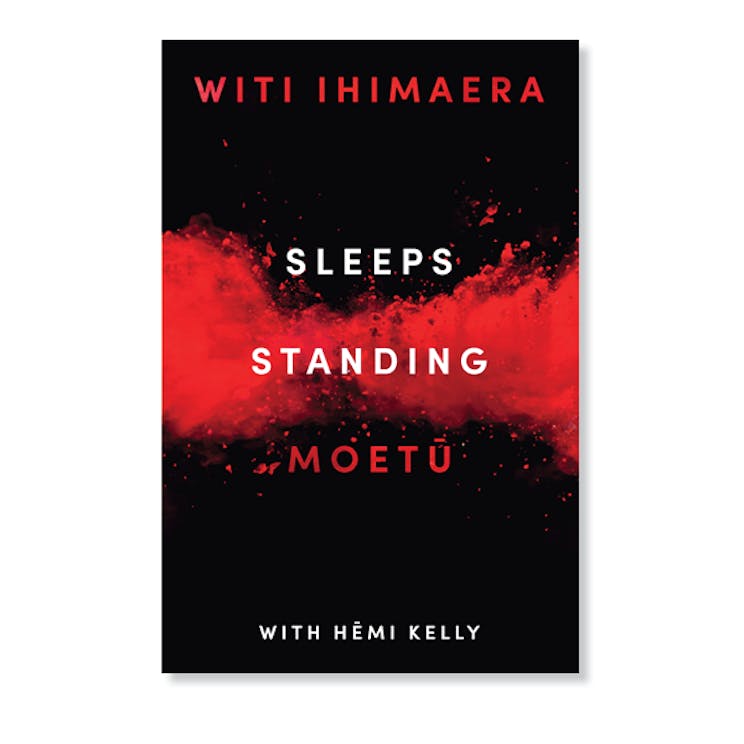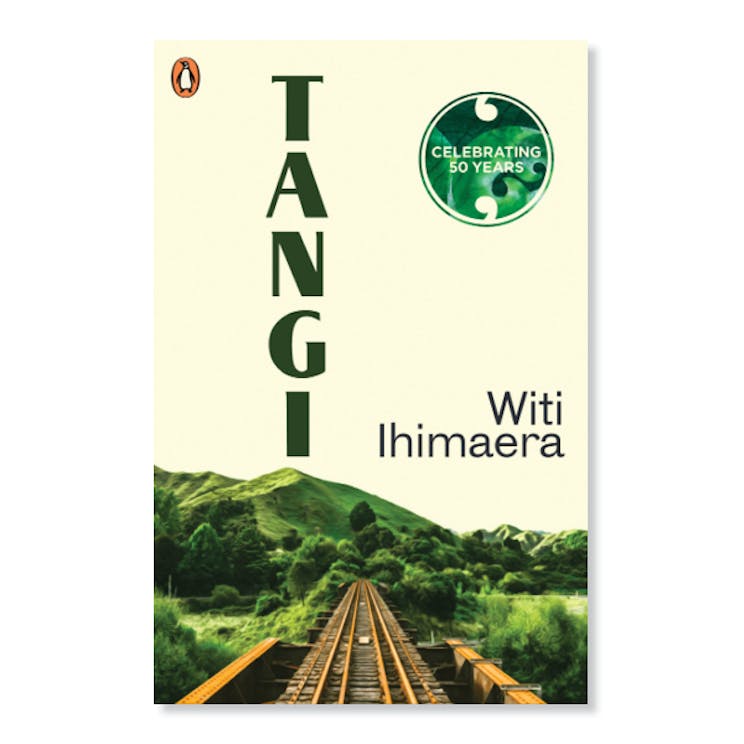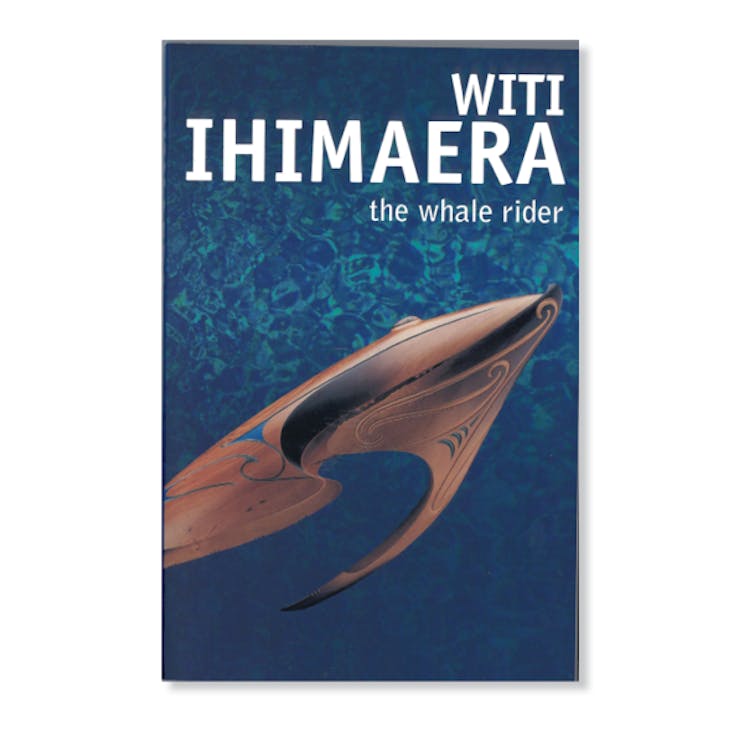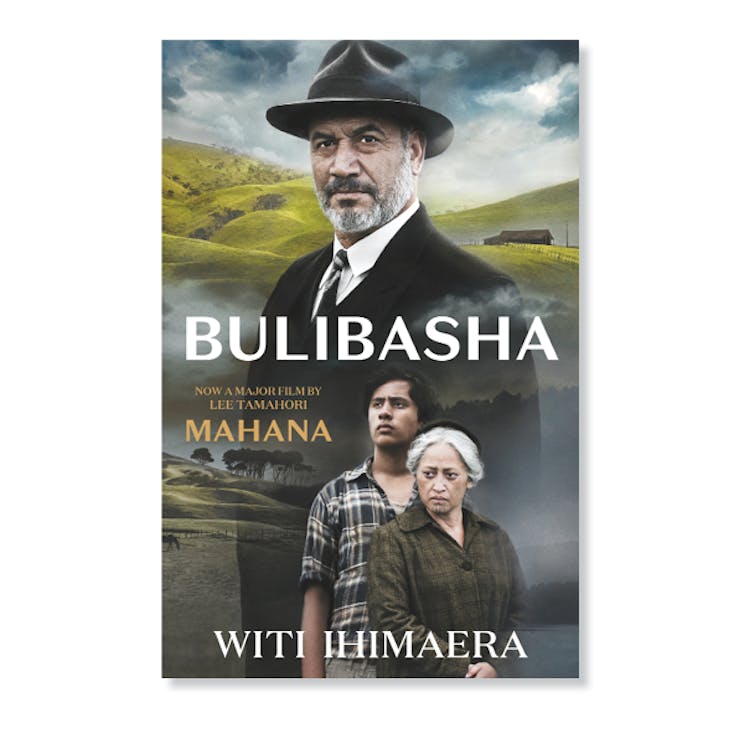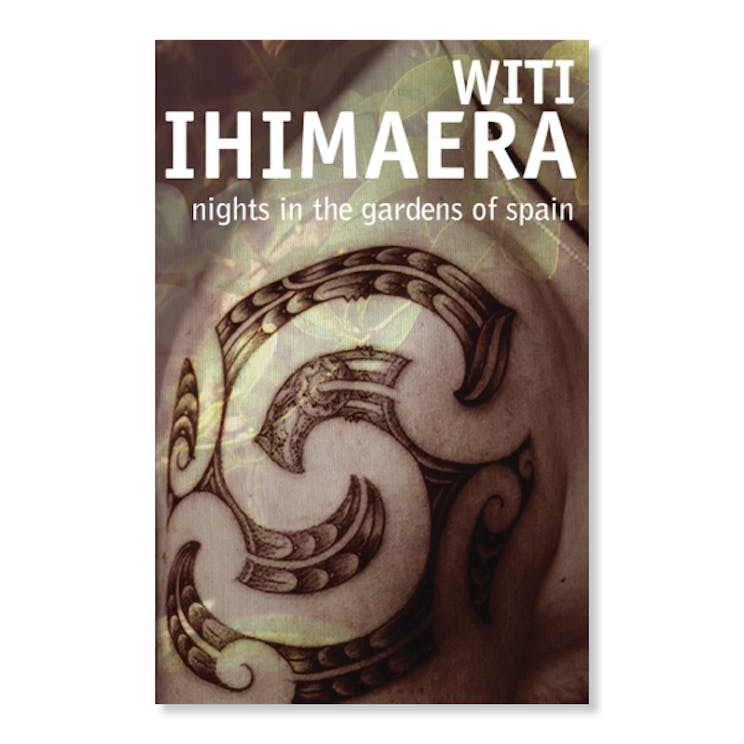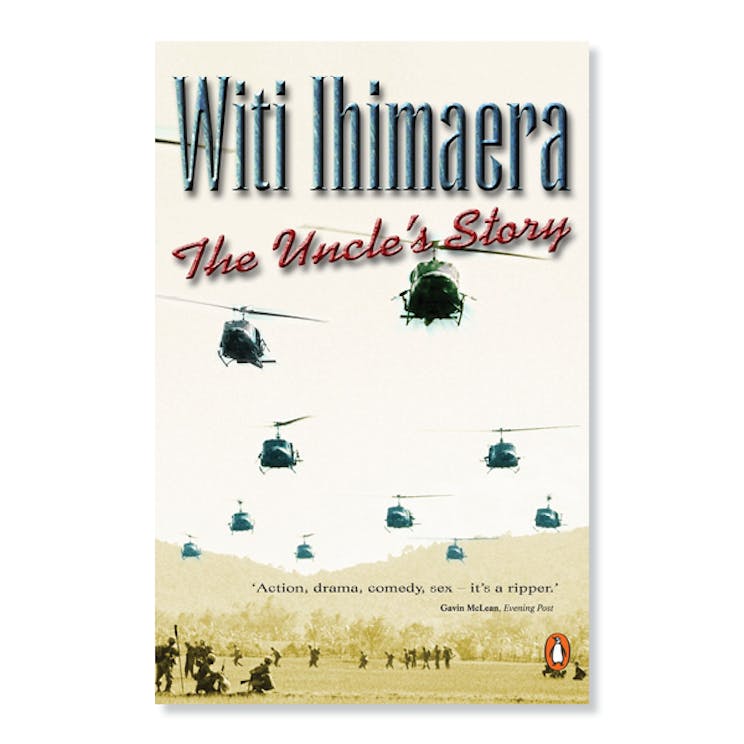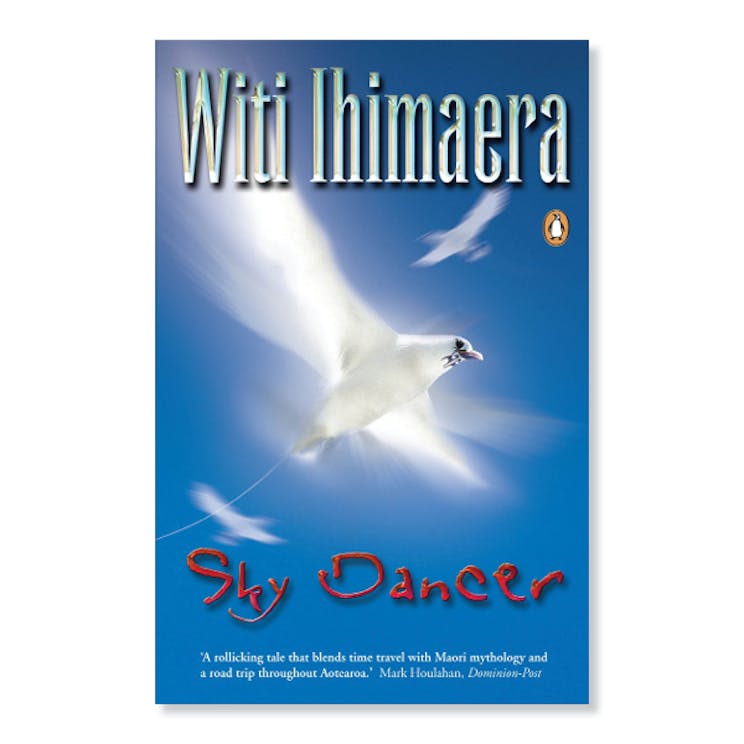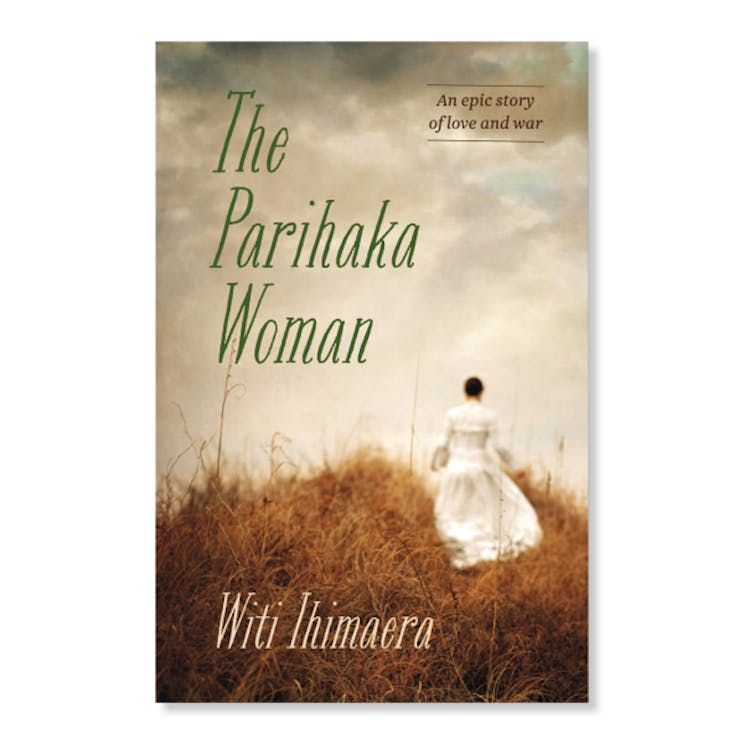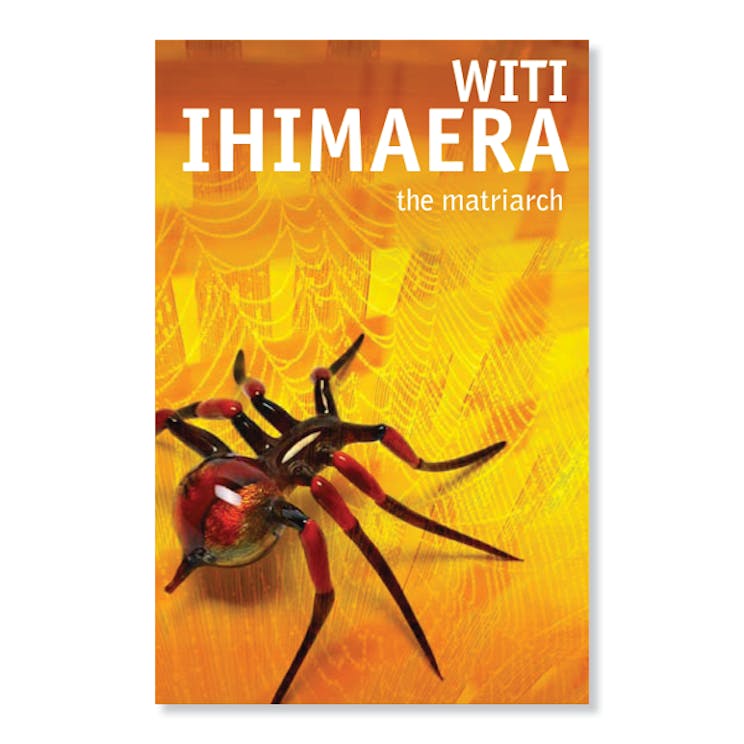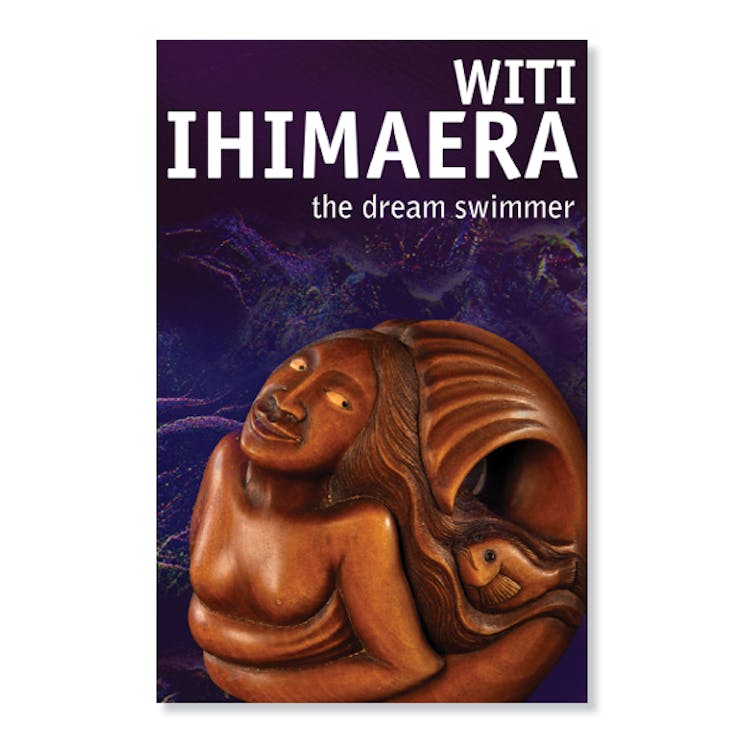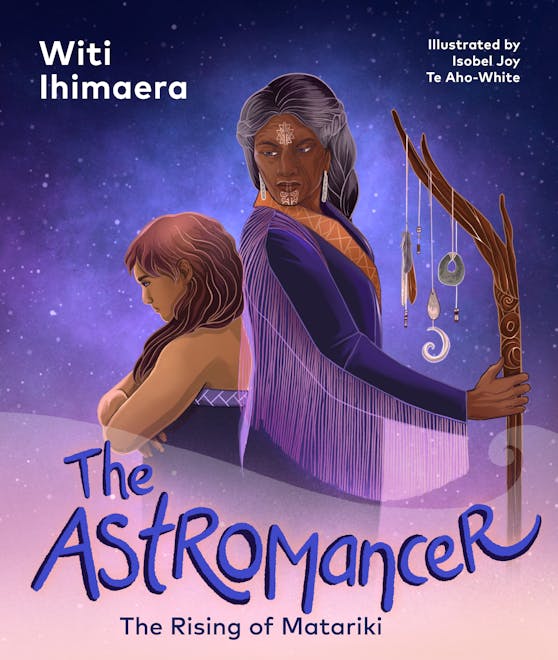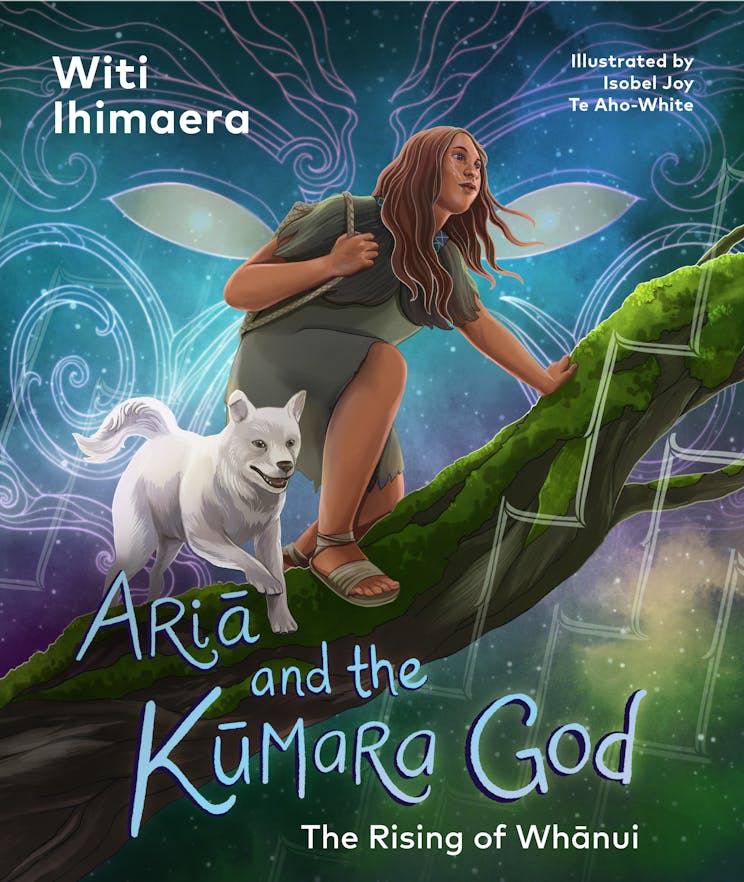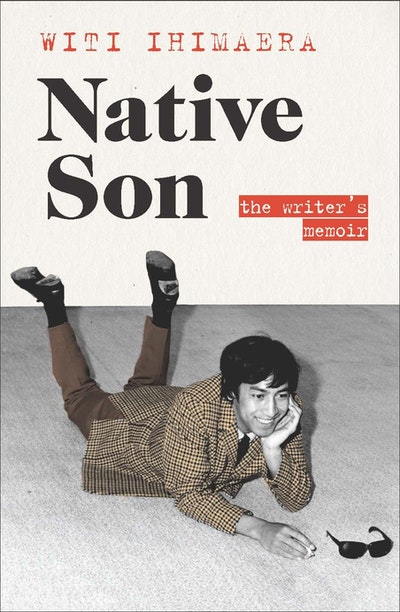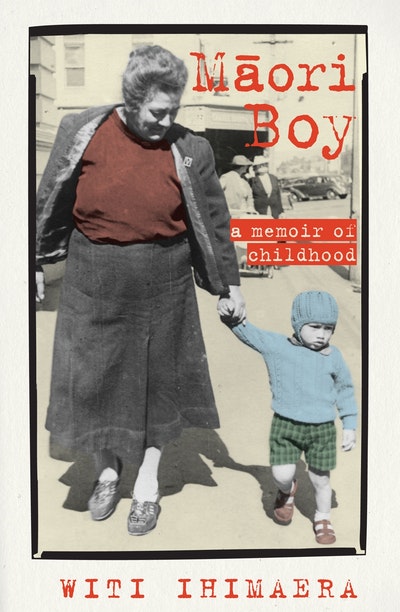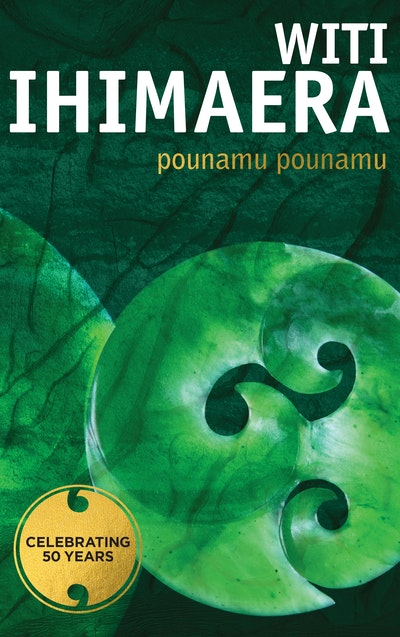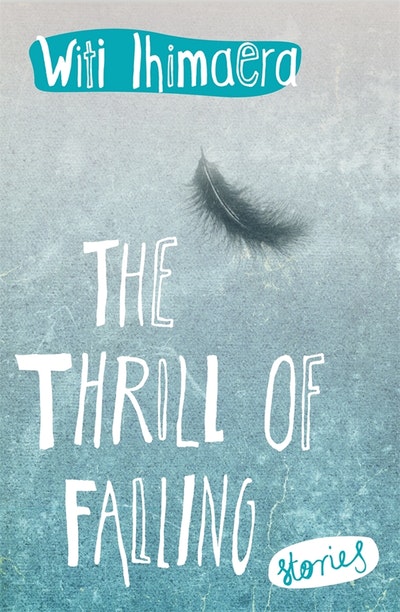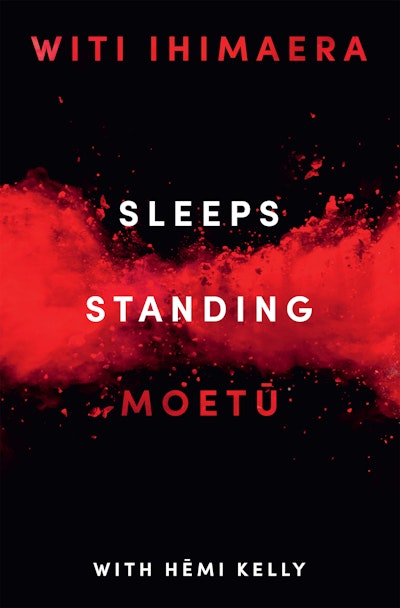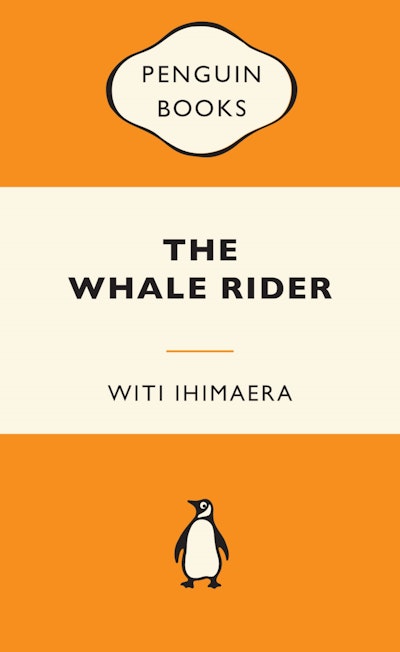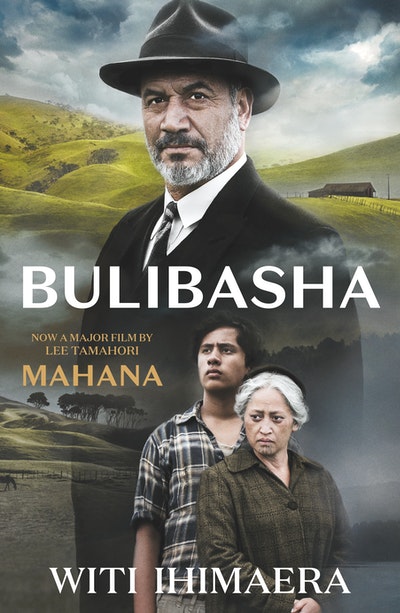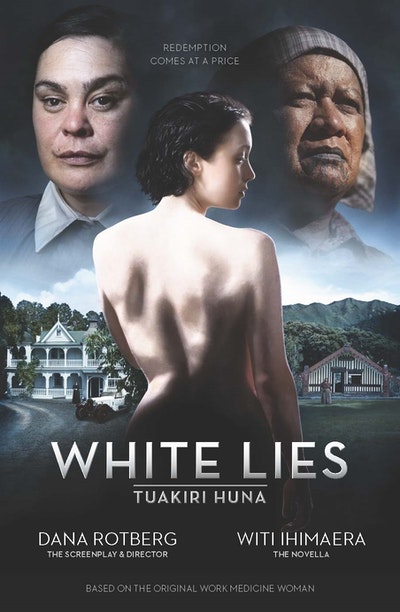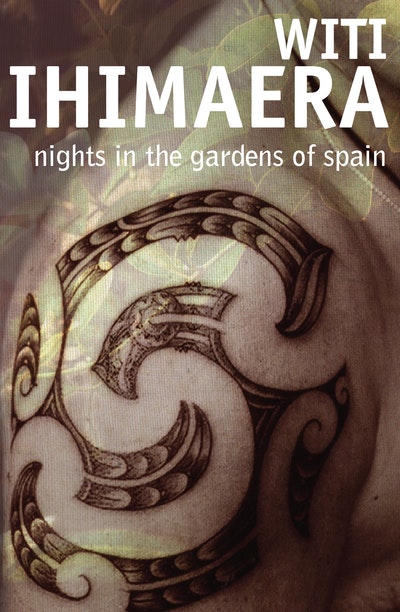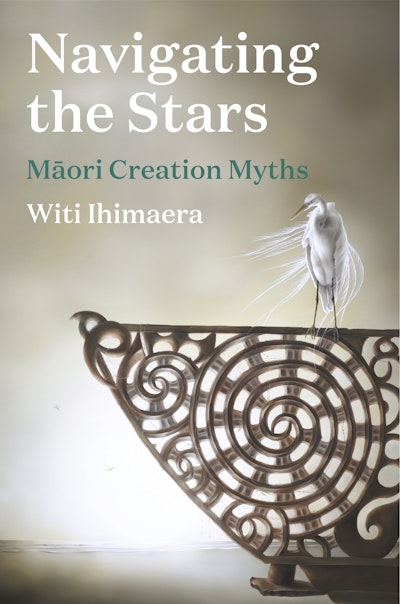Writing about the Māori world, both rural and urban, often knocking into the Pākehā status quo, Witi Ihimaera’s writing has always offered a broader view of what New Zealand literature could be – should be – about.
But with numerous short stories, novels, libretti, plays, memoirs – well over 20 books, plus many more he has edited or contributed to – where do you begin? Following is a sampling from our Fiction Publisher, Harriet Allan.
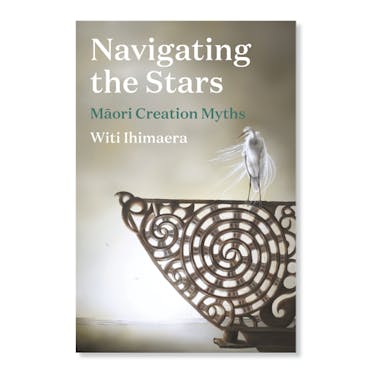
As you’ll see mentioned below, Māori mythology has had a significant impact on many of Witi Ihimaera’s works – and indeed his life. He feels he was always destined to write Navigating the Stars, so this significant publication is a good way into his inspiration and world. In this book, he explores Māori creation myths, retelling the versions he was brought up with, while also considering alternative traditions and what they are telling us. He tracks the journey many of the myths have taken to reach Aotearoa from the migrations across the Pacific, and he conveys how mythology embodies our identity, history, religion and philosophy, both fact and the fantastical, celebrating our heroes and ancestors, explaining and enriching our world. You may already be familiar with the tales of Māui or the story of the separation of Rangi and Papa, but this book will reveal so much more.
Witi’s memoirs not only reveal where he came from but also the source of his various books. They give a taster of many of his works and an insight into their writing, so this may well help you decide which book to jump into next. The memoirs themselves offer a poignant, revealing and fascinating read. To explain his formative years – the formative years of a Māori boy – Witi demonstrates in the prize-winning Māori Boy that you need to understand his ancestry, his whānau and his myths, just as much as the details of his individual life. Circling these rich, multiple layers, he also gives a vivid, moving and shocking account of his early experiences. One event in particular overshadows his life and, as you can go on to discover in the pages of Native Son, it would continue to do so. Native Son follows Witi from the age of fifteen until he left New Zealand in his late twenties with the first of his publications being released.
Pounamu, Pounamu was his first publication. A collection of short stories, it drew inspiration from the valley of Waituhi and the lively array of people who were part of his upbringing. Witi’s stories offer a tremendous variety, though all are distinguished by his trademark humour, humanity and political edge. If you want more short stories – and they are as entertaining as they are informative – then seek out His Best Stories or his most recent collection The Thrill of Falling. The latter presents an array of different narratives – literally different ways into story. You might also like the hybrid book Sleeps Standing, a novella based on the Battle of Ōrākau, together with a Māori translation, photographs and eyewitness reports.
Some of Witi’s stories later expanded into novels, such as Tangi, The Whale Rider and Bulibasha.
Nights in the Gardens of Spain
This has also been made into a film. It is a novel about coming out, a brave move for it was also a public coming out for the author. As the blurb says, the novel takes us along the precarious divide between sexuality and social mores, exploring dilemmas of contemporary gay culture with anger, laughter, sensitivity and honesty.
This is another novel about sexuality and masculinity, homing in on Māori attitudes. Set in the war-torn jungles of Vietnam and in present-day New Zealand and North America, it is also a moving love story.
Māori mythology is never far from Witi’s work. This novel is a great example of that, being based on the Māori legend of the battle between the land birds and sea birds. Although longer, like The Whale Rider, it is a good way into Witi’s work for younger readers, while being equally appealing for adults.
Witi has always been interested in Māori history, and here the fate of the pacifist Parihaka protestors forms the backbone to this novel. Witi has also long been interested in opera, and this fascinating story takes on an increasingly operatic flavour as it progresses. It’s an unexpected and inventive love story.
The Matriarch and The Dream Swimmer
Also showing the influence of opera, these two novels are particularly experimental, so a bit more of a challenge. Give these a go once you have some of Witi’s other works under your belt. The Dream Swimmer is the sequel to the prize-winning The Matriarch, following the journey of Tama Mahana, as he tries to understand the Matriarch, the ruthless beauty who fought for her land.
